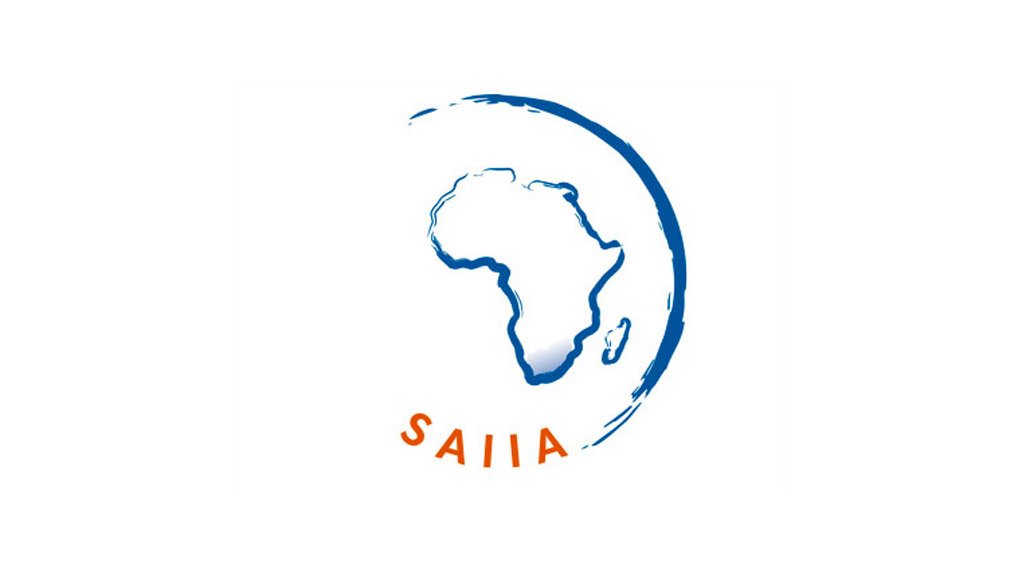At the conclusion of the 25th African Union summit last week, African leaders committed again to fully operationalise an African Standby Force by December this year. The ASF has been ten years in the planning, and in that time has failed to establish a rapid response tool to deal with conflict on the continent.
A South African initiative, the African Capacity for Immediate Response to Crises (ACIRC), was expected to fill this functional gap. In February, President Jacob Zuma had announced a South African Battalion was being prepared for use under ACIRC.
The AU resolutions adopted last week seem to indicate that ACIRC will move closer to established structures of the ASF.
Undoubtedly the AU is in need of a rapid response instrument as the events around Mali demonstrated where France was the only actor able to provide quick and decisive military action against the Tuareg/Jihadist insurgency. The idea of a rapid response tool under the AU Commission – as opposed to a region-based ASF – can be an innovative tool, as most conflicts do not neatly fall into regional categorisations. De facto the ACIRC is intended to address gaps and flaws in the existing security architecture.
However, in practice it is confronted with significant challenges that endanger the whole project. At the forefront is political disunity. Although the ACIRC was adopted by the AU assembly it rests only on the support of a minority of African countries. So far 13 countries have committed to the project. With the opposition camp being filled with political heavyweights such as Egypt, Ethiopia, Kenya or Nigeria (all four are major troop contributors to peacekeeping missions) it is doubtful if the ACIRC can gather enough political momentum and military capability to get off the ground quickly. Additionally South Africa’s spear-heading of the initiative and its leadership ambitions are not well received everywhere.
The second major challenge is the open question of how to harmonise the ACIRC with existing peacekeeping structures such as the ASF: while the ACIRC is supposed to be only a stop-gap instrument until the full operationalisation of the ASF, which from the beginning was supposed to have a rapid response capability, de facto it is much more. The idea of a rapid response instrument under the direct administration of the AU runs against the design of the ASF which is based on regional support. While from a functional perspective it plugs an institutional gap, from a political perspective the ACIRC can easily be seen as a competing project at the cost of Regional Economic Communities. These concerns need to be allayed for the project to succeed.
The setting up of the ACIRC followed a pattern not untypical for the AU which in the past has seen the quick establishment of institutions at the cost of prior comprehensive and strategic deliberation with stake-holders and the wider expert community. Setting up an institution first before negotiating its exact mandate and details risks sparking opposition and in the end delayed implementation.
From these observations two core policy recommendations follow:
- In order to overcome political resentment against the ACIRC, strategic guidance and clarity in mandate is required. The unfinished nature of the ACIRC is neither implementable nor is it likely to increase its support basis. A strategic consultation process with stakeholders is essential.
- A consultation process must entail more than technical meetings at the level of the AU. It requires strategic thinking from member states and African think tanks that need to address two grievances: the objective need for a rapid response instrument and the inability of the current structures to deliver it.
Written by Malte Brosig, South African Institute of International Affairs
EMAIL THIS ARTICLE SAVE THIS ARTICLE
To subscribe email subscriptions@creamermedia.co.za or click here
To advertise email advertising@creamermedia.co.za or click here











